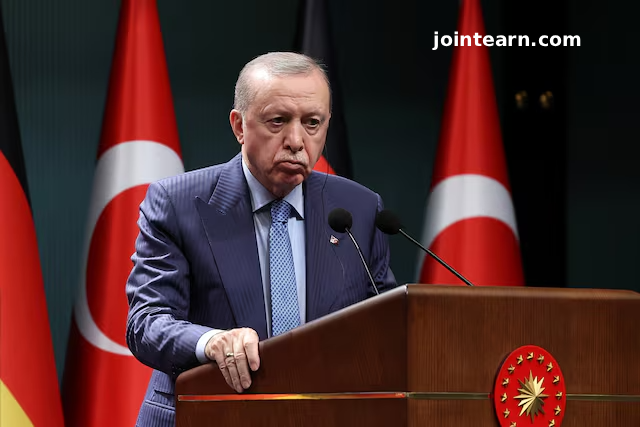
Turkey Engages in Peace Diplomacy for Afghanistan
President Tayyip Erdogan announced that a high-level Turkish delegation, including the foreign minister, defense minister, and intelligence chief, will travel to Pakistan this week to advance peace negotiations with Afghanistan.
The visit comes as part of ongoing stop-start talks aimed at solidifying a permanent ceasefire and broader peace agreement in South Asia. Erdogan emphasized the urgency of achieving a stable and lasting resolution between the nations.
Objectives of the Tripartite Visit
According to Erdogan, who spoke on a return flight from Baku after meeting Pakistani Prime Minister Shehbaz Sharif, the Turkish delegation aims to:
- Facilitate dialogue between Afghanistan and Pakistan over ongoing ceasefire arrangements.
- Seal a permanent peace agreement to end hostilities in the region.
- Support regional stability in South Asia by promoting diplomatic engagement.
This diplomatic effort reflects Turkey’s growing role as a mediator in regional conflicts, leveraging its strategic partnerships and influence to foster peace.
Regional Context
South Asia has witnessed intermittent conflict between Pakistan and Afghanistan, complicating political and security dynamics in the region. Previous ceasefire agreements have often been temporary or fragile, highlighting the need for sustained diplomatic intervention.
Turkey’s engagement aligns with its broader foreign policy goal of strengthening ties across the region and promoting peaceful resolution of conflicts through dialogue and multilateral cooperation.
Key Takeaways
- Turkey is sending foreign and defense ministers and intelligence chief to Pakistan to advance Afghanistan peace talks.
- The delegation seeks to seal a permanent ceasefire and peace deal between Afghanistan and Pakistan.
- President Erdogan met Pakistani leaders in Baku and emphasized urgency and diplomatic coordination.
- The initiative underscores Turkey’s role as a regional mediator in South Asia.
- Previous ceasefires have been fragile, making sustained diplomatic engagement crucial for long-term stability.


Leave a Reply